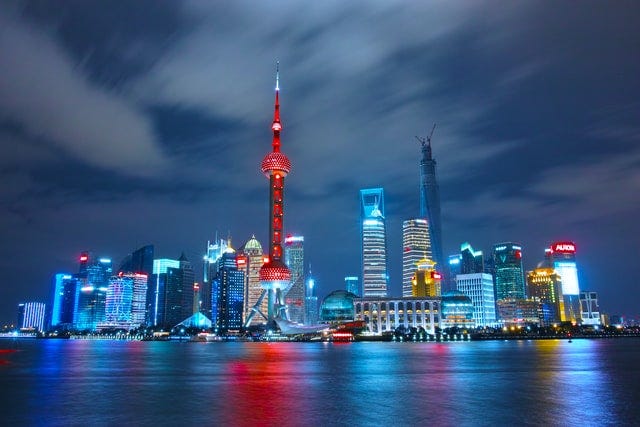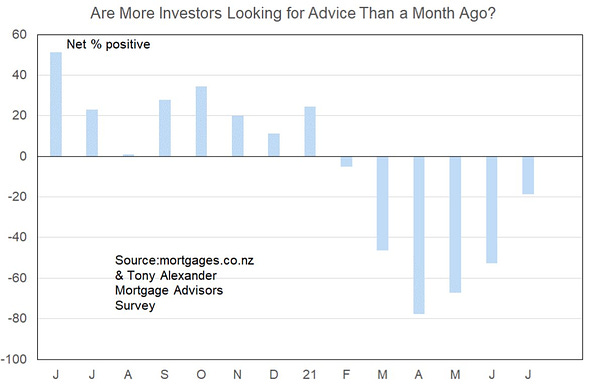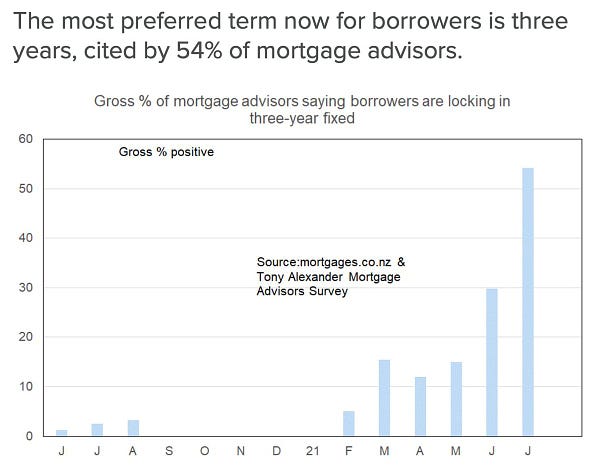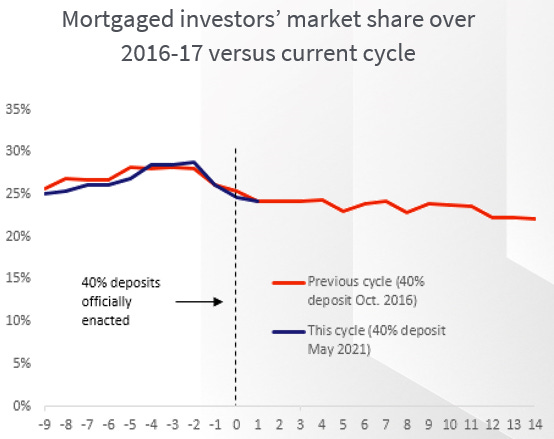TLDL & TLDL: The increasingly aggressive and controlling approach of China’s Xi Jinping, which New Zealand is slowly calling out in public along with others, is now unnerving the global investment community, particularly in the tech area.
Shares in China’s tech firms listed in New York and Hong Kong slumped again overnight and this morning after Tencent’s WeChat instant messaging and payments platform announced a suspension of all new registrations to ‘comply with new regulations’ and after it was banned from exclusive ownership of music rights.
Earlier, shares in Meituan fell sharply after China’s Government ordered tech firms to ensure they paid contractors at least minimum wage and that drivers and riders obeyed traffic rules. Meituan runs China’s version of Uber Eats.

The Chinese Communist Party has been cracking down on tech platforms and their owners all year to break down monopolies, reduce their power over payments platforms and e-commerce, and to stop them be used to organise or air political protest. Some of the sector’s CEOs and owners have been forced out or have gone into hiding.
It’s all relevant to us because western Governments and regulators face many similar problems, but don’t have the powers to enforce similar crackdowns, either individually or collectively. Facebook, Google, Amazon, Apple and Microsoft have all so far successfully fought off the efforts of Governments in Europe and the United States to make them pay extra tax, shut down dangerous misinformation, stop shutting competition and paying workers extra. These attempts by Governments to push back on and squeeze the power of these network monopolies will be a theme of decades to come, along with an increasing bifurcation of the tech world into Chinese, European and US spheres of influence, ownership and regulation.
There is also the wider theme of how to deal with Chinese President Xi Jinping’s increasingly dictatorial approach both within and beyond China’s borders. New Zealand has in recent times taken a more robust approach in concert with other countries such as Australia, the United States, Britain and the European Union in pushing back at China’s state-sponsored hacking, its persecution of the Uighur people in Xinjiang, its breaches of maritime laws and sovereignty in the South China Sea, and the removal of democratic protections in Hong Kong.
It’s worth keeping an eye on these moves in China’s tech world. Luckily, so far, New Zealand has not become dependent on China’s tech platforms, although Alipay, Alibaba and WeChat had made some inroads into payments and e-commerce pre-Covid-19, albeit that is now less of an issue now many tourists, students and temporary workers have stopped coming from China.
More background here at SMH, CNN, Bloomberg Business Week, Bloomberg and Reuters.
Scoops and news breaking this morning




Signs o’ the times news




Notable other views


Charts of the day






Longer reads and listens worthy of your time


























Share this post